
Social media outlets, such as Facebook, Snapchat and Instagram, have boomed in popularity amongst people of all ages. On these apps, the trend of altering photos has become frequent for many users. With Photoshop, users are able to alter backgrounds, colors and even their appearance.
Despite user’s attempts to conceal them, these Photoshop edits are often noticeable. One wrong move can alter an entire photo and result in backlash through the comment section.
This begs the question: so why do people Photoshop?
One reason is that people want to add features they feel are missing. Things such as body shape, hair length and skin texture are features often altered in photoshop.
“People Photoshop to add more of a cool factor to their photos. Also in the age of technology, you would want photos and videos tailored to people’s taste,” sophomore Steve Shibu said.
One reason for this surge in Photoshop usage is the comparison to social media influencers, such as Lele Pons and Ellie Thumann. Many of these celebrities and influencers utilize Photoshop and other editing apps to make themselves and their posts look how they want. When young adults and teens look at these posts, it can lead them to believe photoshop is essential.
Apps like FaceTune and Beauty Editor also help people achieve the look they’re aiming for.
“I use editing apps like Beauty Editor to add better features in my pictures,” freshman Azul Thurdekoos said.
Growing up in the age of social media can give the children and young adults on these apps insecurity over their features in photos. Users feel the need to correct themselves to be acceptable for social media and are compelled to utilize an editing app before posting on social media.
“Having the ability to Photoshop yourself to look better on social media platforms can significantly lower the self-esteem, confidence and the potential to interact in person,” freshman Mya Ryan said. “This can start the feeling for being unapproachable and unloved for who you are. I feel like social media and editing apps are showing unrealistic expectations and changing the way people see themselves.”
Social media often showcases the best of people and not the negative aspects of their lives. This often highlights unrealistic standards that a typical person is unable to achieve in real life.
“We must stop exposing impressionable children and teenagers to advertisements portraying models with body types only attainable with the help of photo editing software,” President of the American Medical Association Barbara McAneny said in a 2011 press release condemning the use of altering and editing photos in advertising and magazines.
These image-altering apps could lead to negative effects on people’s lives. Having to change one’s features for the pleasure of aesthetic on social media could lower their self-esteem and ability to approach people.
According to the Child Mind Institute’s article entitled, “Social Media and Self Doubt,” “Donna Wick, EdD, founder of Mind-to-Mind Parenting, says that for teenagers the combined weight of vulnerability, the need for validation, and a desire to compare themselves with peers forms what she describes as a ‘perfect storm of self-doubt.’ She’s so thin. Her grades are perfect. What a happy couple. I’ll never be that cool, that skinny, that lucky, that successful.”
According to True Pic’s article entitled “The Filter Effect: People Distrust Websites Because of Manipulated Photos”, “According to the survey, nearly two-thirds of Americans who have shared a photo online (64%) admit to having edited one prior to posting it online, yet the data shows they distrust sites whose users do the same.”

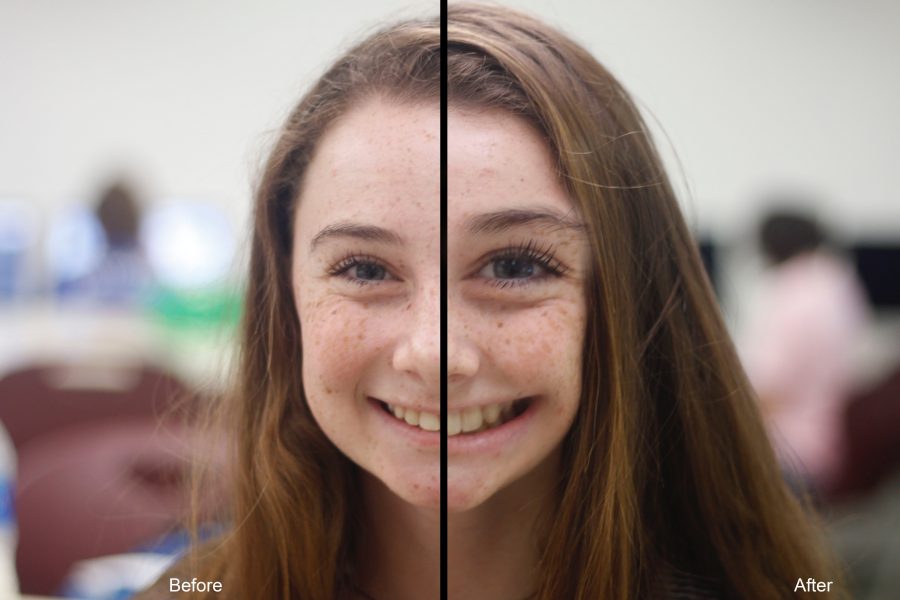


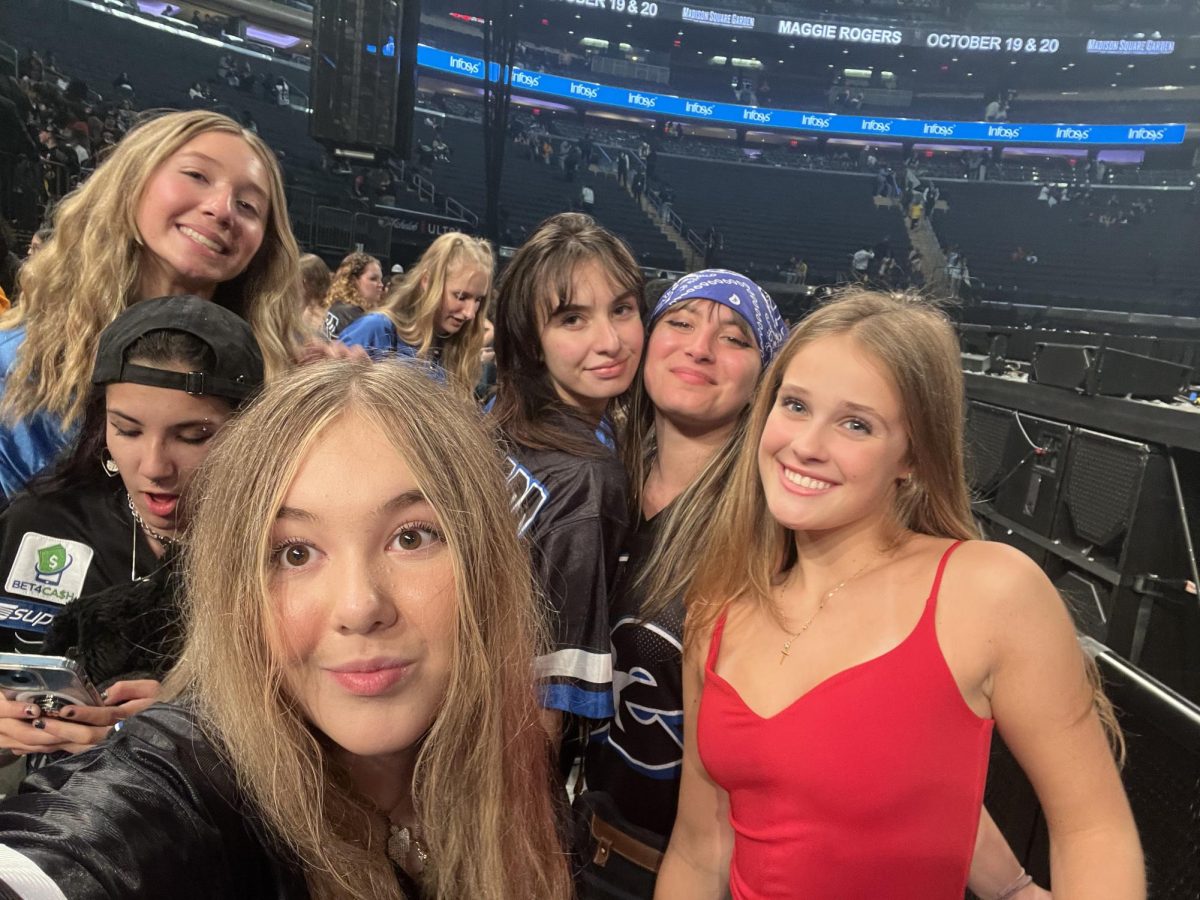
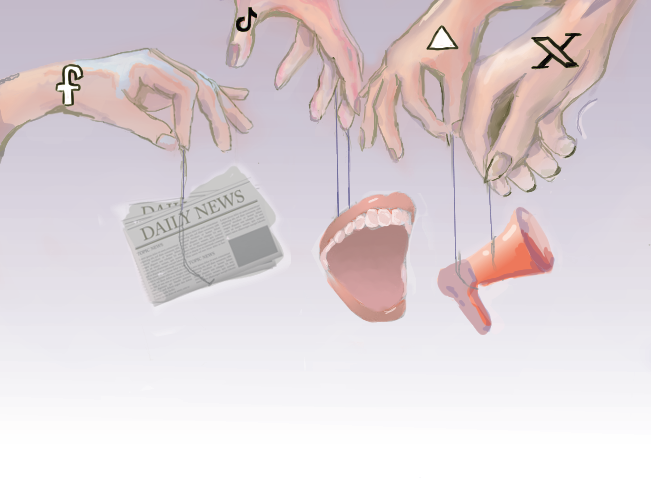

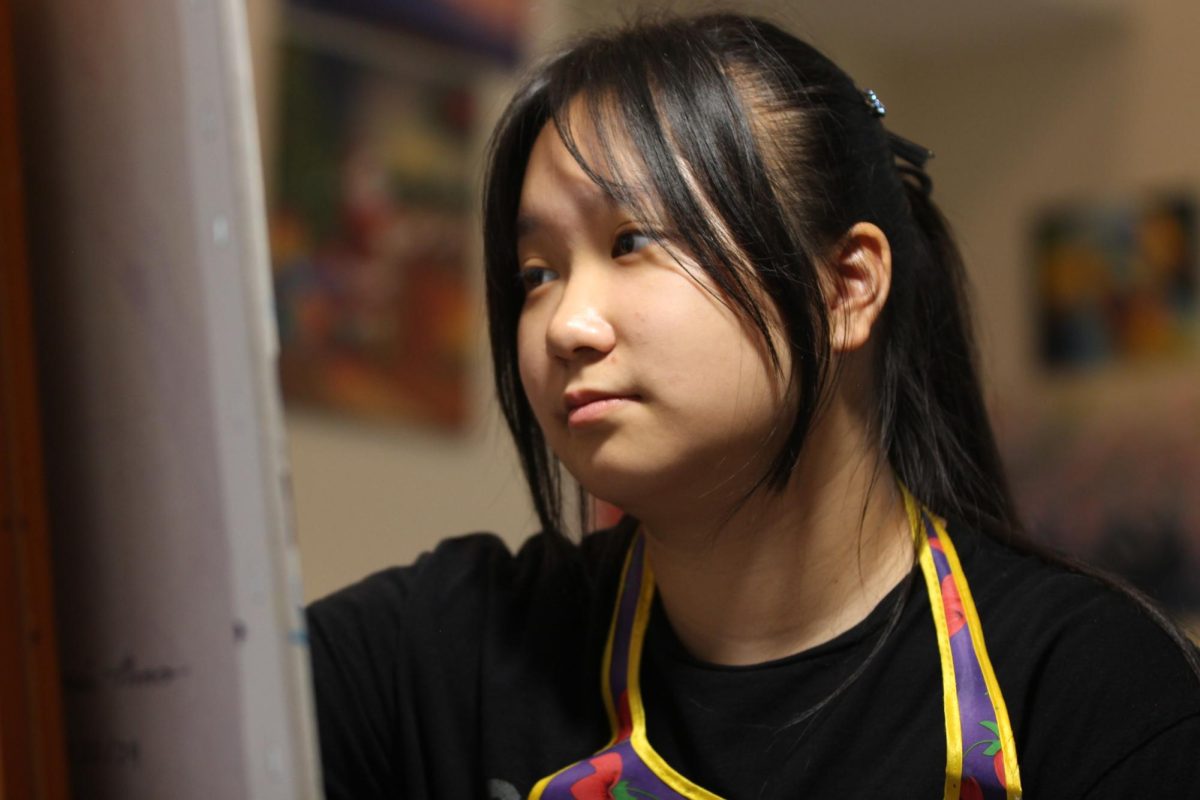
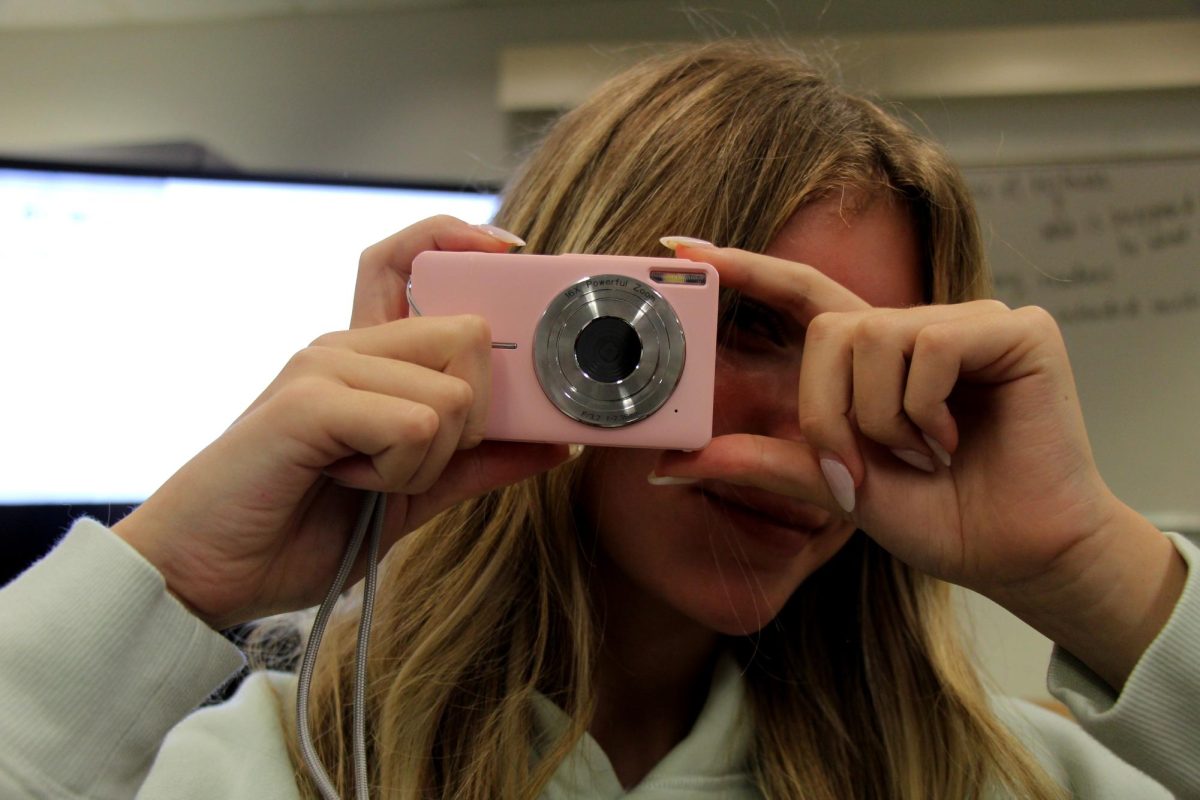

![National Honor Society Sponsor Lauren Saccomanno watches guest speaker Albert Price speak to NHS members. National Honor Society held their monthly meeting with Price on Monday, Nov. 4. "[Volunteering] varies on the years and the month, but we have started a couple new things; one of our officers Grace started a soccer program," Saccomanno said. "We have been able to continue older programs, too, like tutoring at Riverglades. NHS's goal is to have as many service projects as possible."](https://eagleeye.news/wp-content/uploads/2024/11/xNOeKNVwu7aErpVyJHrHogagZUUcLLosjtbIat94-1200x900.jpg)

![Ice Ice Baby. Skating to "Waltz" and "Romance" during her long program, figure skater Ava Zubik competes at the Cranberry Open in Massachusetts on Aug. 12, 2022. She scored a total of 86.90 on her short and free skate program, earning fifth place overall. "I try to make it [competing] as fun and enjoyable as I can because it's my senior year, and so I want to really enjoy competitive figure skating while it lasts," Zubik said.](https://eagleeye.news/wp-content/uploads/2024/11/skater1-799x1200.jpg)
